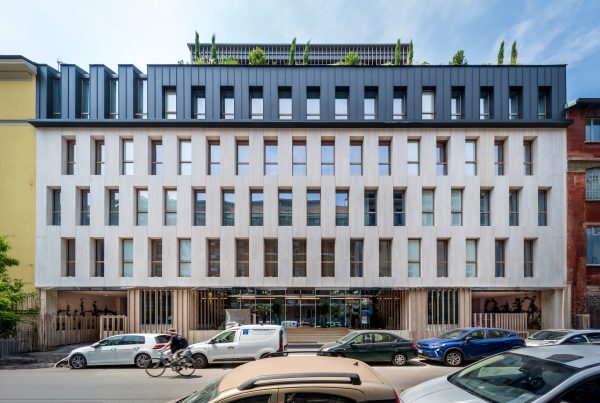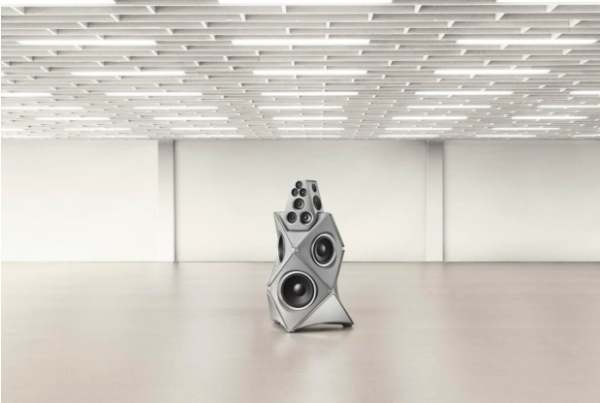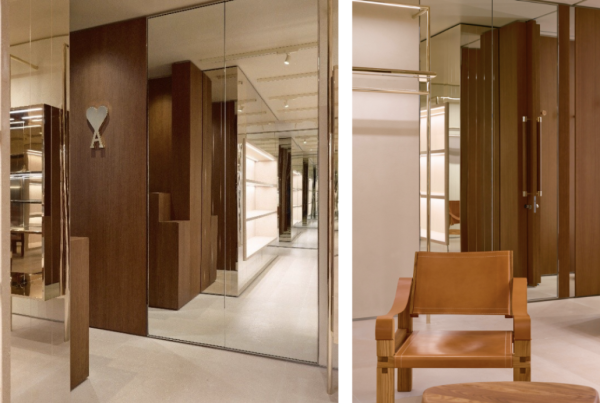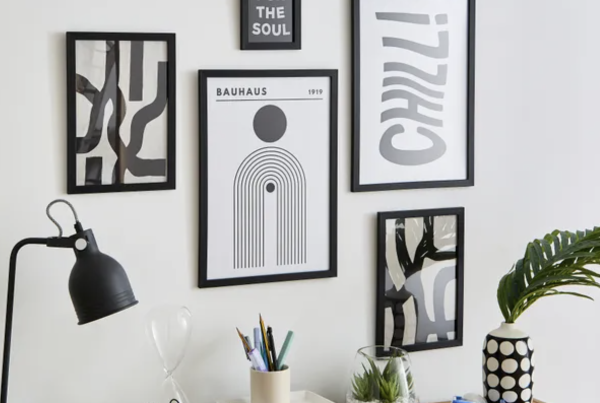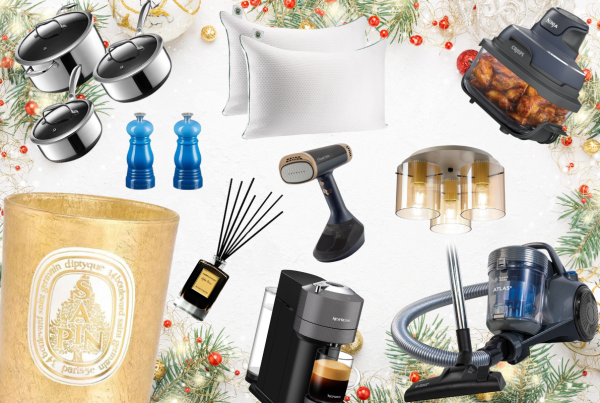
Living standards are a touchy subject at the moment, with recent statistics from the Office for Budget Responsibility (OBR) indicating that the UK is about to experience its biggest ever fall in household and disposable incomes. The precipitous drop in disposable income for many, purported to be a result of global energy prices and rising utility bills amongst other things, could take years to correct itself – spelling a period of relative austerity for even relatively well-off households.
Naturally, no one wants to see their lifestyle diminished by forces beyond their control. Rather, we are the self-improving sort, always seeking to better ourselves or our experiences in one way or another. With a difficult next few year in mind, are there ways you can counteract the trend and upgrade your lifestyle – without breaking the bank altogether?
Eating Well
There are substantial personal changes you can make without them costing the earth – and, as we will discover, that can actually save you money in the long term. Eating well can ensure you receive all the vitamins and minerals you need to feel more alert and energised and requires little more than a more careful approach to drafting your weekly food shop list.
Exercise and Mental Wellbeing
Likewise, incorporating more exercise into your weekly schedule can bring untold benefits to your lifestyle. Regular exercise, even if just a jog around your neighbourhood, can improve everything from your digestive system to your mental health!
Speaking of mental health, diverting some time to a low-cost hobby of yours should be a vital part of upgrading your lifestyle. Time is worth much more than money, and making time for yourself can make for a much better-adjusted week.
The Occasional Reward
It is important to iterate here, though, that spending money is no bad thing. In making numerous non-monetary changes to your lifestyle that benefit you, you have at the very least earned yourself the occasional treat! A little retail therapy goes a long way, and even longer if the things you buy serve a practical purpose – such as a new car to replace a costly old banger.
New cars are unavoidably expensive, though – and it can be hard to justify that cost in the event of an accident, which might preclude you from considering a new car. That’s where things like Gap insurance can help; but what is gap insurance for? Gap insurance is an additional insurance product that adds financial protection up to the market value of your car, whereas conventional insurance only covers the car’s current value. With a little extra per month, the full cost of your car can be protected – making financing a car much more palatable.
Addressing Money
If we’re spending money, then it is important to address the issue of spending and saving directly. A shrewd approach to your monthly finances could free up money in other areas, making it possible for you to afford treats a little more often – or to make upgrades with regard to hobbies and exercise.
Eating well, for example, can help reduce monthly costs on things like restaurants and takeaways; running to work twice a week can help you save on petrol. A fresh budget, and a firm grasp on how much you save each month, can help you feel much more secure in your daily life despite the national trend.








































